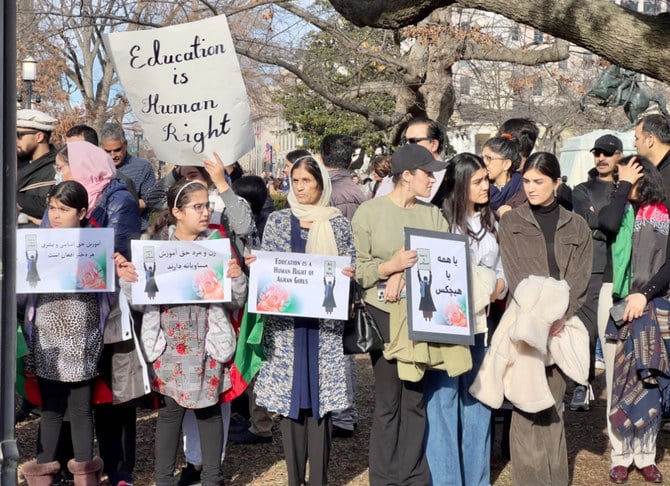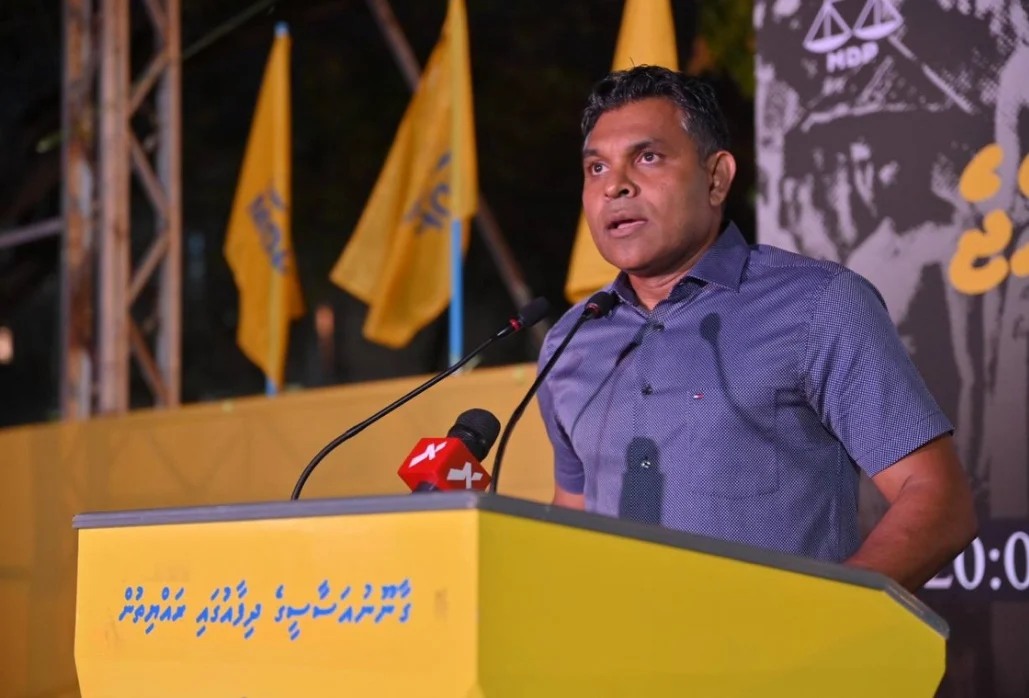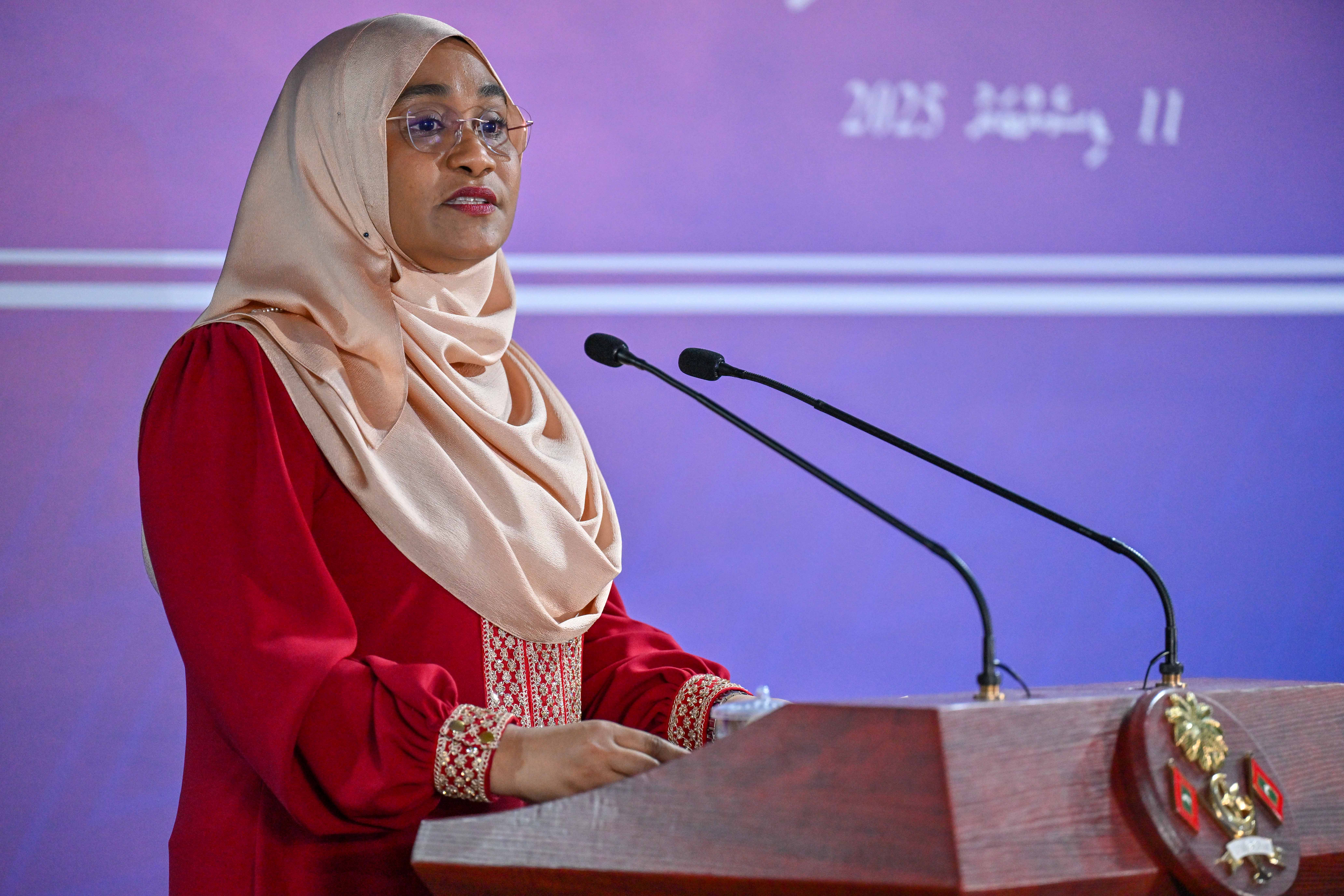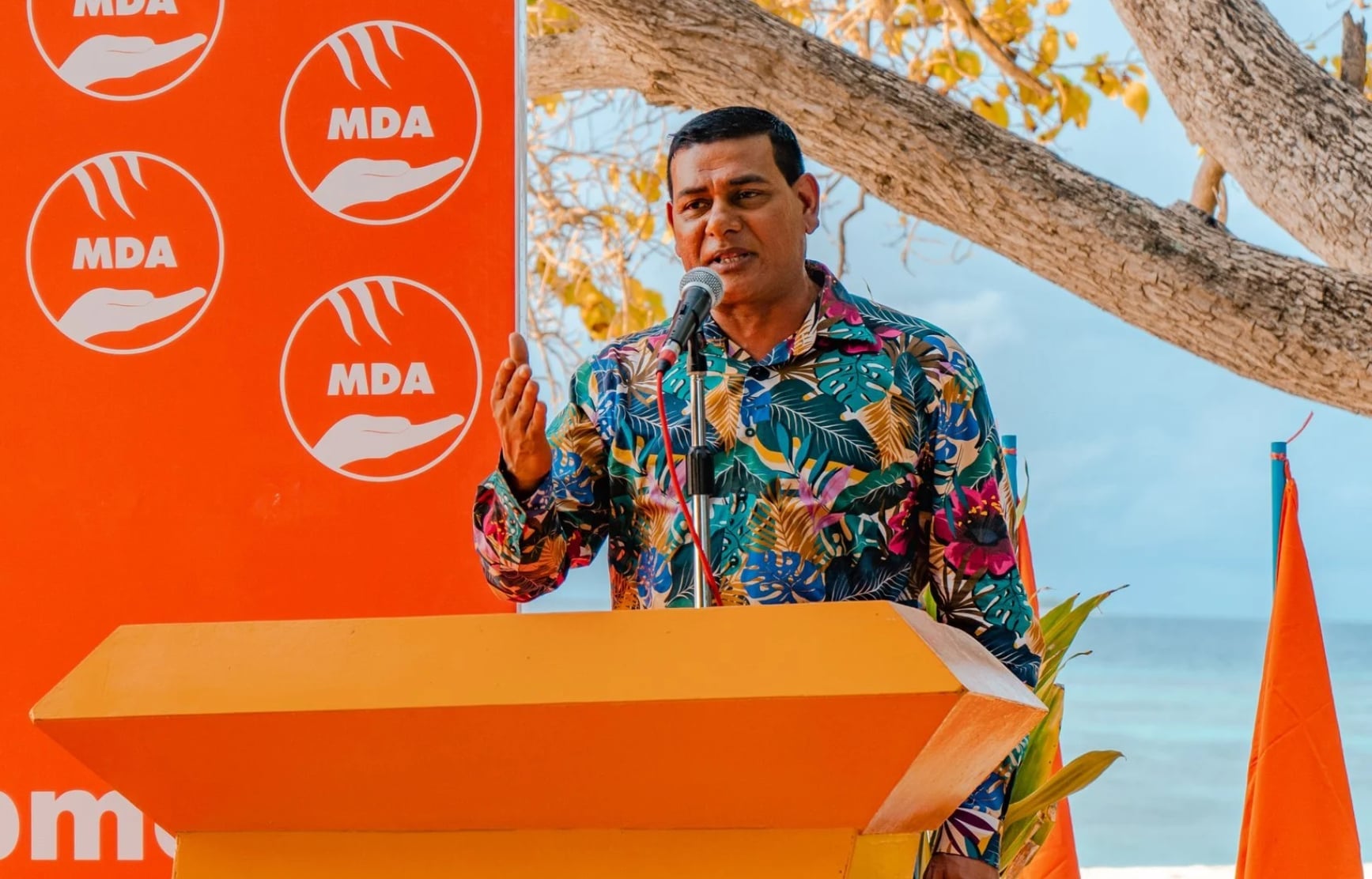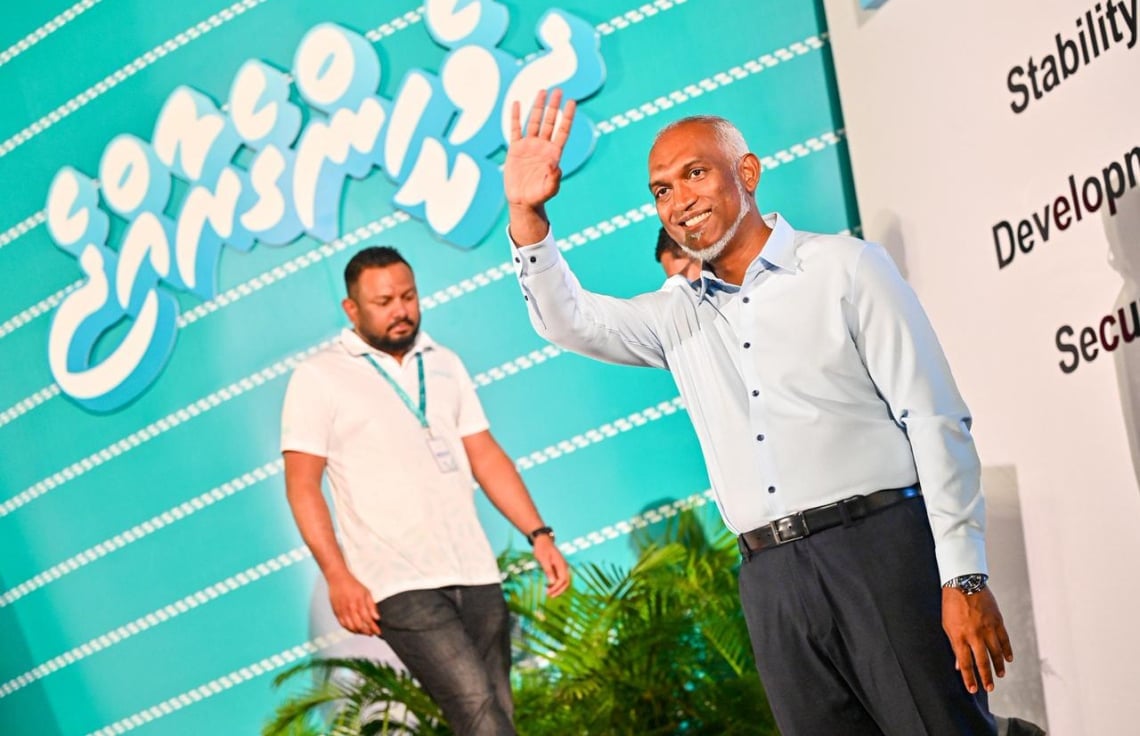On Sunday, a senior UN representative in Afghanistan met with the deputy prime minister of the Taliban-led government to discuss a ban on women working for non-governmental organizations, one of several measures that Afghan authorities have proposed to repress women's rights.
In the Afghan capital of Kabul, Potzel Markus, the deputy chief of the UN Mission, met with Maulvi Abdul Salam Hanafi to discuss the restriction as well as other measures, such as prohibiting women from attending universities.
“Banning women from working in non-governmental organizations, denying girls and women from education and training, harms millions of people in Afghanistan and prevents the delivery of vital aid to Afghan men, women, and children,” the UN mission said.
Potzel is the latest UN official to meet the Taliban’s leadership amid mounting international concern over the curtailing of women’s freedoms in Afghanistan.
Last Monday, the acting head of the UN mission Ramiz Alakbarov met Economy Minister Qari Din Mohammed Hanif.
Hanif issued the NGO ban on Dec. 24, allegedly because women weren’t wearing the Islamic headscarf, or hijab, correctly. He said any organization found not complying with the order will have its license revoked.
The decision by the Taliban government to bar women from NGO work has prompted major international aid agencies to suspend operations in the country. Aid agencies have warned the ban will have catastrophic consequences and “hundreds and thousands” of Afghans will die because of the Taliban decision.
In the Afghan capital of Kabul, Potzel Markus, the deputy chief of the UN Mission, met with Maulvi Abdul Salam Hanafi to discuss the restriction as well as other measures, such as prohibiting women from attending universities.
“Banning women from working in non-governmental organizations, denying girls and women from education and training, harms millions of people in Afghanistan and prevents the delivery of vital aid to Afghan men, women, and children,” the UN mission said.
Potzel is the latest UN official to meet the Taliban’s leadership amid mounting international concern over the curtailing of women’s freedoms in Afghanistan.
Last Monday, the acting head of the UN mission Ramiz Alakbarov met Economy Minister Qari Din Mohammed Hanif.
Hanif issued the NGO ban on Dec. 24, allegedly because women weren’t wearing the Islamic headscarf, or hijab, correctly. He said any organization found not complying with the order will have its license revoked.
The decision by the Taliban government to bar women from NGO work has prompted major international aid agencies to suspend operations in the country. Aid agencies have warned the ban will have catastrophic consequences and “hundreds and thousands” of Afghans will die because of the Taliban decision.





